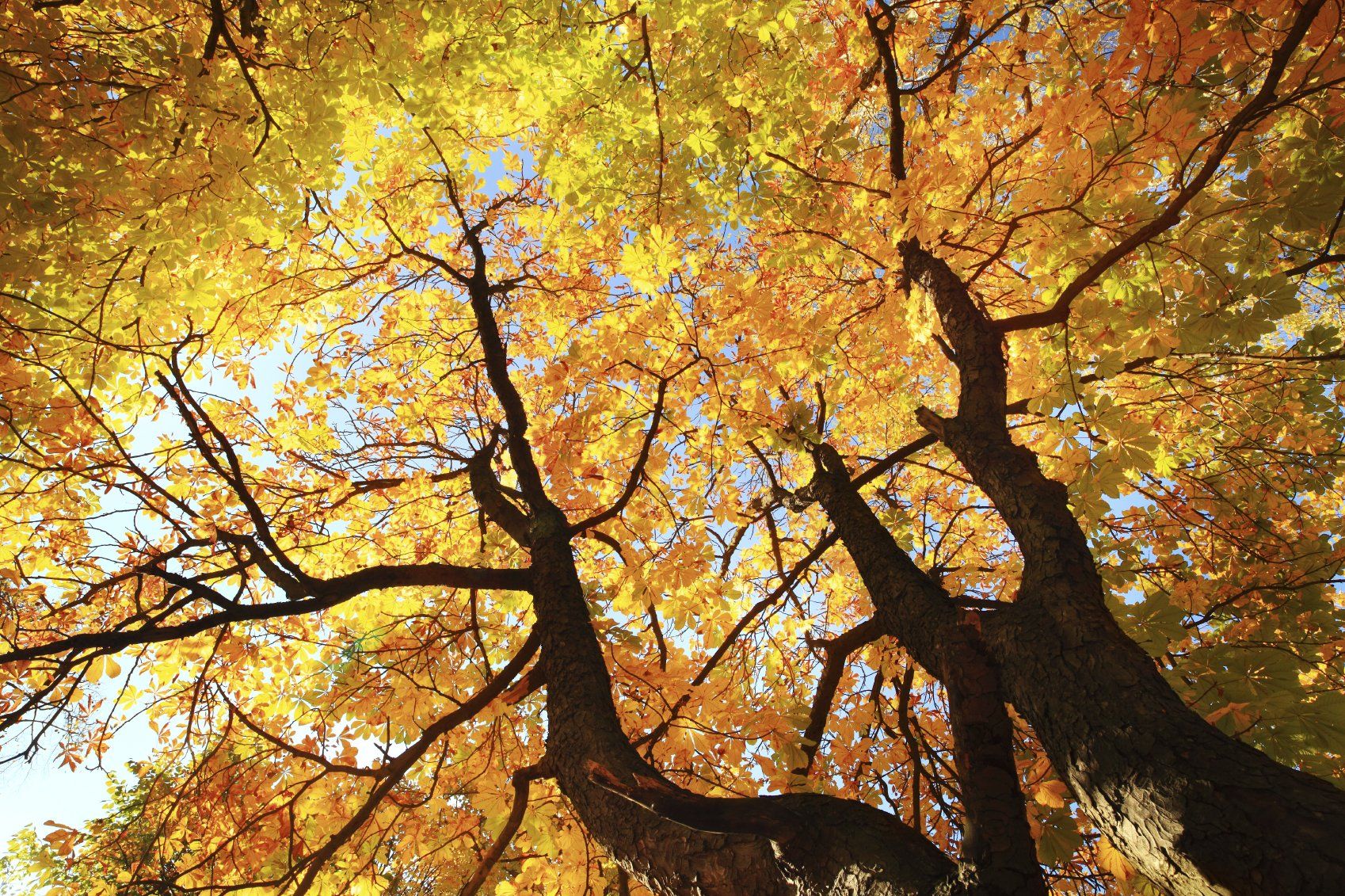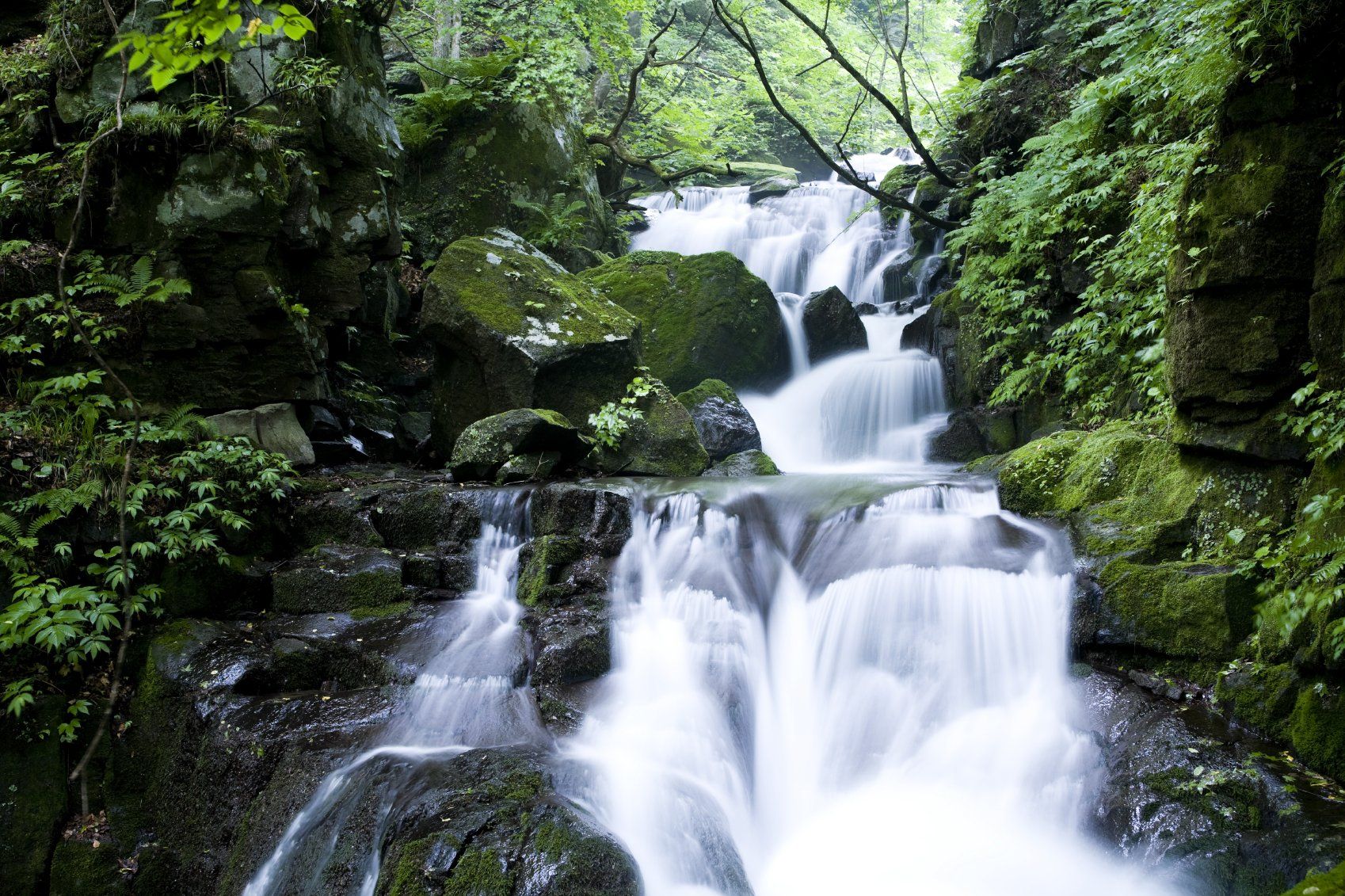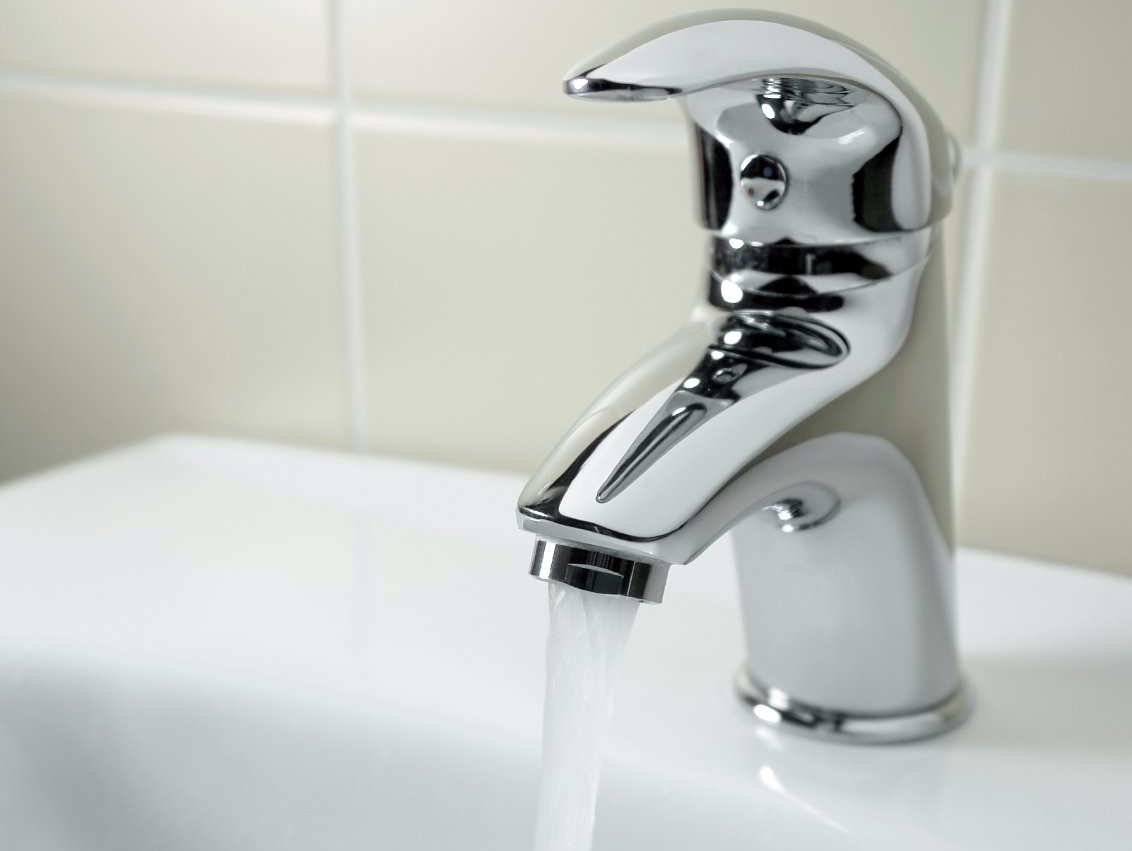Water
Water is essential for life. This session will explore the provision of potable water, its clarification and subsequent sterilisation as well as its importance to our physiology. We will examine sources including streams, obtaining groundwater through use of a gypsy well and standing water and consider the particulates, contaminants and pathogens that may be present. The water will then be clarified using depth filtration before sterilisation by boiling. Alternative methods will be discussed including chemical sterilisation and simple distillation.

Slide title
Write your caption hereButton
Slide title
Write your caption hereButton
Slide title
Write your caption hereButton
Challenge
- Do you take the availability of water for granted?
- Did you know that, after three days, your chances of survival without water are significantly reduced?
- Are you aware of the particulates and pathogens that may be present in foraged water?
- Do you know how to filter water to remove sediment?
- Are you able to build a filter using naturally available substances and use it to clarify foraged water?
- What methods are there for sterilising water?
- Do you know how to harvest water produced by transpiration?
-
Button
https://www.instructables.com/id/Extract-Clean-Drinkable-Water-From-Plants/
View more
Value
Separation techniques are a staple of the Chemistry and Science syllabi from KS2 to through GCSE but lab based experiments seem contrived to pupils. In this session we will:
- collect water foraged from a gypsy well and
- clarify it before boiling it to sterilise it.
- We will consider bacteria, virus and protozoa present in water and the effects that these might have if consumed.
- We will create our own filters using natural materials; mosses, sand, grasses and even wood ash and use these to reduce the turbidity, or cloudiness, of the collected water.
- Once the sediment has been reduced we will consider the reduction, or elimination of, the pathogens present in the water.
- We will discuss and, weather and season allowing, harvest water from the transpiration of trees or tapping their sap.
This session represents a significant part of the 'Potable Water' topic for AQA GCSE Chemistry. During this session students will be making practical assessments on their systems and given time to evaluate or improve them. Whilst their final water sample will be of potable quality the consumption of this water is not recommended.
© Feral Science 2019






